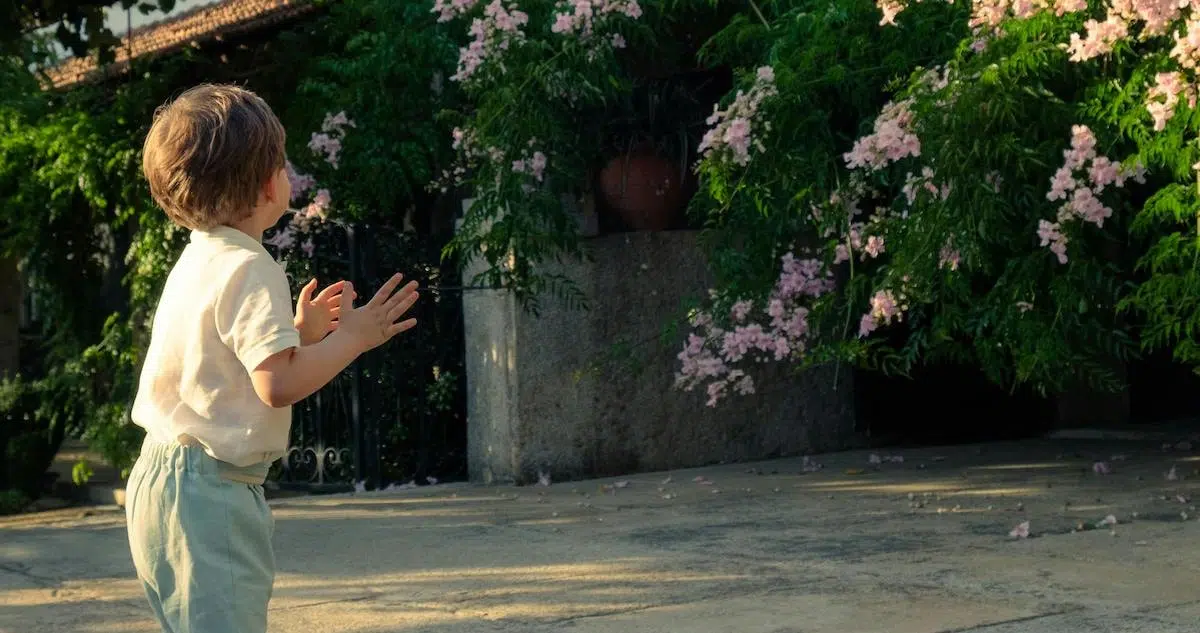5 tips for helping children understand differences
Kiindred
Kiindred
Up next
The statistics show that from ages 12 to 18, one in three adolescents have diagnosable mental health challenges. Since Covid-19, these stats are only on the rise.
When it comes to navigating things such as disability or learning differences it largely comes down to us as parents first and foremost. Overcoming our own anxieties and preconceived notions as parents so we don’t pass these on to our children. Which often comes down to the way we were parented ourselves.
Mental health and understanding the brain really isn’t something that has been properly understood until recent decades. The advances that have been made in the last 10 years alone are amazing.
Open communication
“The most important thing is that you are open and communicating with your child. Self-concept is such an intricate process,” says Kiindred’s psychologist Jaimie Bloch from MindMovers Psychology. “We want our children to understand their difference – but we don’t want them to be defined by it.”
Helping our children to understand difference helps educate them to be empathetic and compassionate to themselves. When they’re being hard on themselves or finding a particular task difficult it lets them know it’s ok. It can also be a resource that they can use to help motivate themselves and help them identify that even if one area is lacking there are others where they really excel.
When it comes to helping your child who is experiencing some sort of disability or difference Jamie has 5 tips that she recommends for parents.
Sign up
Get tailored content based on your week of pregnancy
By signing up, you agree to receiving our Newsletters. Cancel anytime.



1. Reflective questioning
Getting your child to open up about what they do already know or understand about their situation with reflective questioning. Using that as a starting point to help educate them further.
For example, “You know I was just curious, do you know why we’re going to the treatments?” and “What do you understand of the places and the people that we see?”
This can then help you to go on to explain why, for example, “sometimes you’re in class and things are really hard for you…”. Giving them that education on why those behaviours might be linked to their difference.
Then, in that same light helping them see that they also have strengths because of this difference, so making sure that it’s a really balanced conversation.
2. Research famous people with learning differences together
Whilst we are really great role models, even better role models for them are those people that might have struggled with differences as well. Showing them positive examples of people who have been able to overcome them and still lead successful, happy lives can be really useful.
3. Talk about your own struggles with them
It’s so important to share your own experiences, particularly of being a child or adolescent or even an adult. Tell them about a time that you had a difference or you had a challenge, anxiety or conflict. Share it with your child and explain how that was for you and how you overcame it.
There’s nothing more important than normalisation and helping a child feel okay to share their own vulnerability.
4. Make it fun
It’s not about trying to make everything easy for our children but we can make it lighter. It’s taking the spotlight and focus off “academia” or development (for littler ones) and helping them understand that learning is hard no matter who you are. But knowing that with the right support around them and a lot of effort they will get through.
Help them know that learning (or whatever it is that they are struggling with) doesn’t have to be boring! How can you inject a little more fun so they are engaged and excited rather than feeling down about it? If they have to do extra reading for school – how can you get them excited to do it each night?
For example, “Hey should we eat something delicious/watch something fun/do a dance after we do this tonight?”
5. Talk with your child’s educators
Make sure your child’s educators are engaged in their learning and development. Especially when you are looking for a daycare or meeting with their teacher at the start of the year. Ask them questions such as, “If you thought there was something different about my child or if there was something wrong, what’s your process in speaking to parents?
The people that get to see your child interact with their peers are really important. As parents, if it’s our only child or our first child, we don’t always have a very good gauge to measure them against. We might think something is normal – or we might think something’s not. So let your child’s educators know that you are very open to discussing feedback they may have regarding your child.
It’s always best to be preventative, don’t wait until there is a problem that will see you on the back foot and trying to manage symptoms. If you feel your child might have some sort of difference, or something doesn’t feel right you should always speak with your GP. They are your best starting point and will be able to give you a referral for a specialist.
You’ll never regret asking the question or getting checked, but you may regret it if you don’t.
Related articles
How to manage toddler anxiety
How to teach children to be aware of their thoughts
Related Articles
Trending
Kiindred
Follow +Brought to you by the Kiindred Editors. Our team are committed to researching and writing on all the things we know you will want to know about, at each stage of your pregnancy and parenthood journey.









